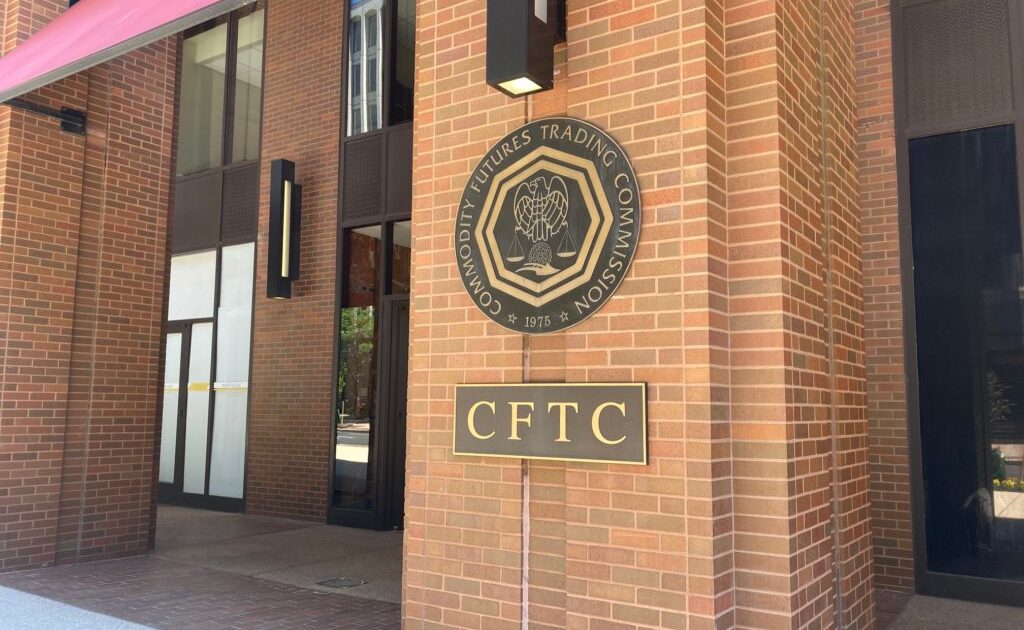Summary:
- South Africa-based Cornelius Johannes Steynberg was fined $3.4 billion for running an unregistered Bitcoin commodity pool operation, the CFTC announced in a Thursday statement.
- Steynberg founded Mirror Trading International (MTI), a BTC pool operator that illegally accepted $1.7 billion from 23,000 U.S. citizens while operating out of SA.
- The news marks the largest civil monetary penalty ever won in the history of the Commodities Futures Trading Commission, America’s commodities watchdog.
The U.S. Commodities Futures Trading Commission was awarded $3.4 billion in penalties in a case against South African-based bitcoin operator Mirror Trading International (MTI) and its founder Cornelius Johannes Steynberg, a U.S. court ruled.
CFTC prosecutors first slammed MTI and founder Steynberg with fraud allegations in June 2022 amid multiple failures in the broader crypto industry. Before, Steynberg had been arrested in Brazil a year prior and detained since last 2021. The MTI founder is also a fugitive wanted by authorities in his home country South Africa.
The commodities regulator alleged that Steynberg used MTI to collect 29,421 BTC from 23,000 without registering with any watchdog in the U.S. At the time, the sum was valued at a massive $1.7 billion.
According to the U.S. court ruling, Steynberg’s MTI is liable for retail forex fraud. The founder himself was found guilty of fraud and failing to align his company with commodity pool operator (CPO) rules.
CFTC Crypto Crackdown
The ruling marks the biggest civil monetary penalty ever won by the CFTC in its history. Also, the news comes amid a supposed joint operation among U.S. regulators geared towards cracking down on unregistered crypto businesses in the country.
In February this year, CFTC Chairman Rostin Benham warned the crypto industry to expect more enforcement actions as digital asset stakeholders agitated for clearer crypto rules.
Binance, Coinbase, and FTX are some crypto businesses under the CFTC’s regulatory spotlight. The regulator also added some 34 digital asset operators to its “Red List”.




